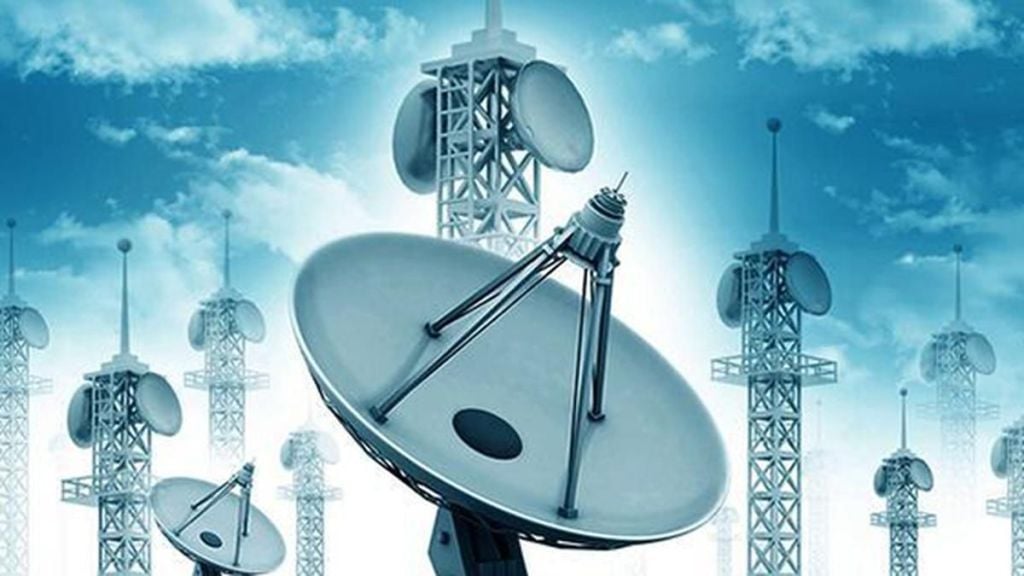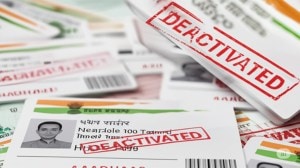Satellite Internet service providers have urged the department of telecommunications (DoT) to create a dedicated licence category for them, stating that the draft telecom authorisation framework risks slowing down growth in the sector and deterring investment.
Broadband India Forum (BIF), which represents companies such as Hughes, OneWeb, Nelco and Viasat, has written to communications minister Jyotiraditya Scindia, flagging concerns over the draft Telecom Authorisation Rules 2025. It has said that the rules club satellite communication with mainstream telecom services, instead of recognising it as a distinct category.
BIF president TV Ramachandran said the draft rules are inconsistent with the Telecommunications Act 2023, which lists satellite services separately. He added that ignoring this distinction could undermine investor confidence and delay rural and remote connectivity, where satellites remain the only viable option.
What do the draft rules say?
The draft rules, issued earlier this month, propose four broad authorisation categories for telecom services – unified, access, Internet, and long distance. Satellite-based operators would fall under these categories and be subject to the same fees, net worth requirements and bank guarantees as terrestrial telecom players. This is despite the satellite sector being much smaller, with only about 300,000 users and annual revenue of Rs 600 crore, compared with 1.19 billion subscribers and Rs 3.25 lakh crore revenue for mobile and Internet operators.
According to the draft, satellite companies would need to pay an entry fee of Rs 12 crore and provide a bank guarantee of Rs 44 crore. By contrast, the Telecom Regulatory Authority of India (Trai) had recommended a much lighter framework: Rs 50 lakh entry fee, Rs 50 lakh bank guarantee and a net worth of Rs 1 crore. DoT, however, said a single framework prevents arbitrage, where firms could exploit licence cost differences to offer services beyond their scope.
What’s TRAI’s take on the issue?
TRAI has repeatedly stressed the need for a separate category for satellite telecom services, pointing to their vastly different scale compared with terrestrial operators. The regulator said a lighter licence regime is essential to nurture the nascent industry and ensure fair competition. Ramachandran added that applying the same rules to satellite operators and major mobile firms is disproportionate and not commercially viable.
Globally, countries such as the UK, China, France and Germany recognise satellite-based communication through distinct authorisations. Industry players said that India risks being an outlier if it continues to fold satellite services into the broader telecom framework.
The draft rules also propose allowing satellite firms to use earth station gateways in India to serve foreign markets, which could lower capital costs and help them expand into smaller neighbouring countries. Meanwhile, DoT is finalising the spectrum allocation process and associated fees. Currently, OneWeb, Jio Satellite and Starlink hold licences to provide satellite Internet.








